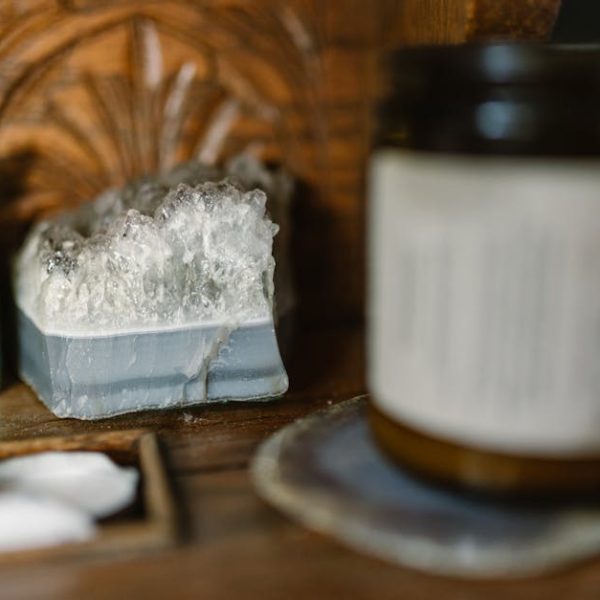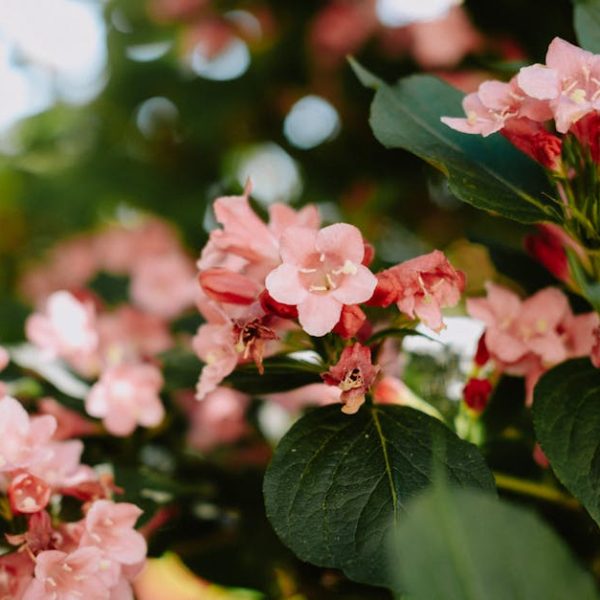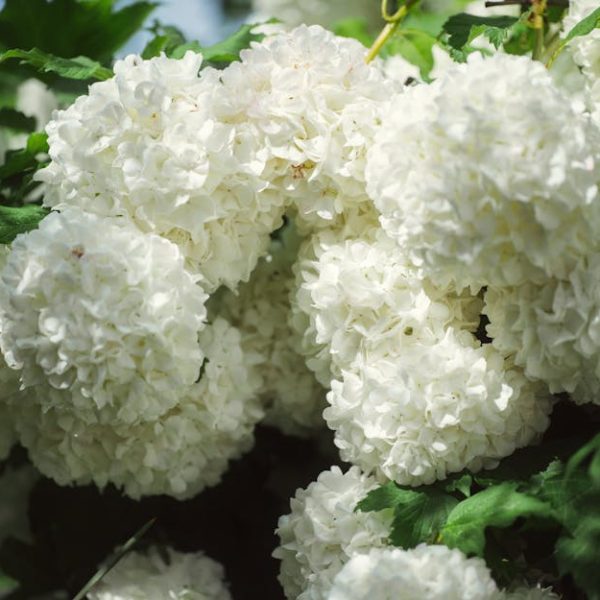It’s safe to say everyone prefers a bite of their picnic sandwich without the sting of a bee. Although bees play an essential role in the ecosystem—being pivotal pollinators in the food chain—our paths crossing can pose various discomforts. This piece will detail 17 natural methods and recipes for keeping bees away effectively, without causing them unnecessary harm, particularly beneficial for individuals living in bee-centric areas or those who simply want a peaceful outdoor time.
Understanding Bee Behavior
Bees, by nature, are attracted to sweet odors and the allure of brightly colored flowers. Certain areas rich in these sensual triggers often become their preferred congregating spots, making our yards, gardens, and outdoor leisure spots a buzzing destination. Understanding this behavior is the first step in effective bee-proofing.
The Importance of Professional Help
When swarms or sizeable hives are in play, professional bee removal services are a must. Not only are large quantities of bees hazardous to handle, but DIY removal is too risk-fraught for untrained hands. It’s important to let experts safely and responsibly manage these situations.
Checklist of situations requiring professional help:
- Large swarm presence
- Hive location at hard-to-reach spots
- Bee sting allergies in the household
Natural Tips to Keep Bees Away
From using smoke to planting bee-deterring plants and employing essential oils, an array of natural methods deter bees without inflicting harm. Implementing these strategies can keep your human-centric areas bee-free, making outdoor experiences more enjoyable and less worrisome.
Some of the bee-repellent plants and essential oils include Eucalyptus, Citronella, and Mint among others.
Homemade Natural Recipes as Bee Repellents
Homemade concoctions like vinegar spray, citrus peel mixture, and a cinnamon sprinkle can also work wonders in warding off these winged creatures. Few things beat the satisfaction derived from crafting a home remedy that successfully keeps bees at bay.
| Homemade Repellents | Commercial Repellents |
|---|---|
| Eco-friendly | May contain harmful chemicals |
| Easily available ingredients | Requires purchasing |
Maintaining a Bee-Free Environment
The job’s not over once the bees are deterred. Ongoing maintenance is necessary to ensure a bee-free environment. Regular cleaning, covering food, and sealing any cracks or holes where bees might nest can significantly reduce bee reoccurrence.
Conclusion
While the buzz of bees in our surroundings can often cause discomfort, remember that the goal is not to harm these essential pollinators but simply to maintain our areas, homes, and outdoor spots as bee-free zones. Regular understanding of their behavior, observing cleanliness, using homemade repellents, and seeking professional help when necessary are effective ways to achieve this.
With these 17 natural tips and recipes, you can enjoy your outdoor time without the fear of bee stings!
Final Checklist:
- Understand Bee behaviour
- Use Natural Repellents
- Create Homemade Bee Deterrents
- Constantly Maintain Cleanliness
- Keep Food Covered
- Seal Possible Nesting Spots
- Use Professional Help When Needed
Be kind to bees, but also keep them at a respectful, comfortable distance. Here’s to a bee-free, enjoyable outdoor experience!
Key Takeaway:
- Understanding bee behavior, such as their attraction to sweet odors and bright colors, is crucial in effectively keeping them away.
- Professional help is vital when dealing with large hives or swarms due to the associated risks.
- Several natural methods, including using smoke, planting bee-deterring plants, and employing essential oils, can deter bees.
- Homemade mixes like vinegar spray and citrus peel concoction work as effective bee repellents.
- Maintaining cleanliness and sealing potential nesting spots are essential for a bee-free environment.
Though bees may disrupt our comfort, remember that they play a pivotal role in the ecosystem. Each of us can coexist harmoniously with these pollinators by understanding their behaviour and applying the natural methods and recipes shared in this article. Let’s embrace a bee-respectful, sting-free outdoor experience.
FAQs
Q: Can I remove a large bee hive by myself?
A: It’s not advisable due to the associated risks. Please call professional bee removal services to ensure safe and responsible handling.
Q: What are some best practices when a bee approaches me?
A: Avoid panicking and swatting. Staying calm can prevent the bee from feeling threatened and stinging.
Q: What makes homemade repellents better than commercial ones?
A: Homemade repellents are typically eco-friendly, formulated from easily available ingredients. On the other hand, commercial ones might contain harmful chemicals.
Q: How does sealing cracks and holes help in maintaining a bee-free environment?
A: Sealing potential nesting spots prevents bees from establishing a hive in your vicinity.
Q: Can I plant any plant to deter bees?
A: Bees are usually repelled by certain plants like eucalyptus and citronella. It’s advisable to plant these around your home or picnic spot.
Feel free to share this article with others seeking to maintain a bee-free environment. Discover more valuable tips on our website.






